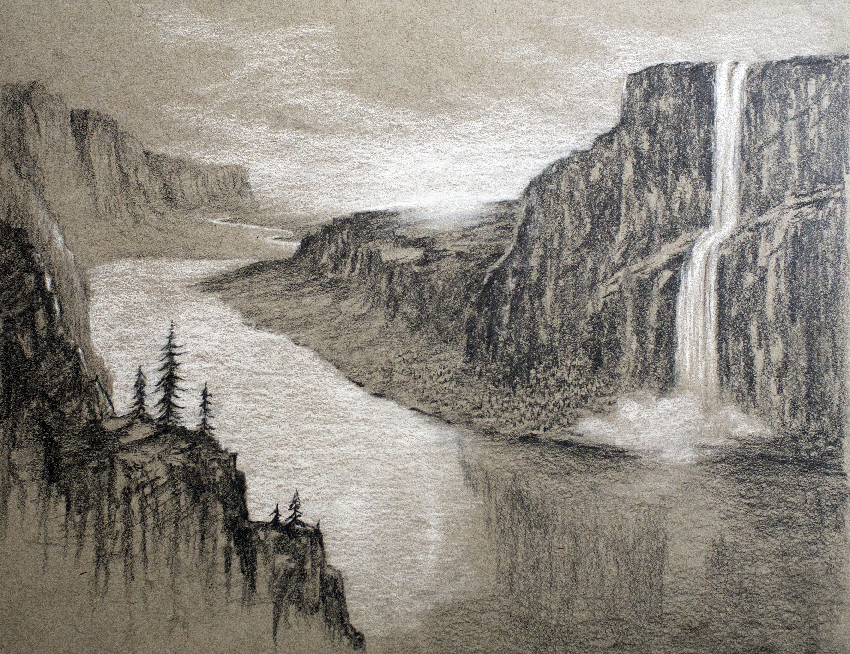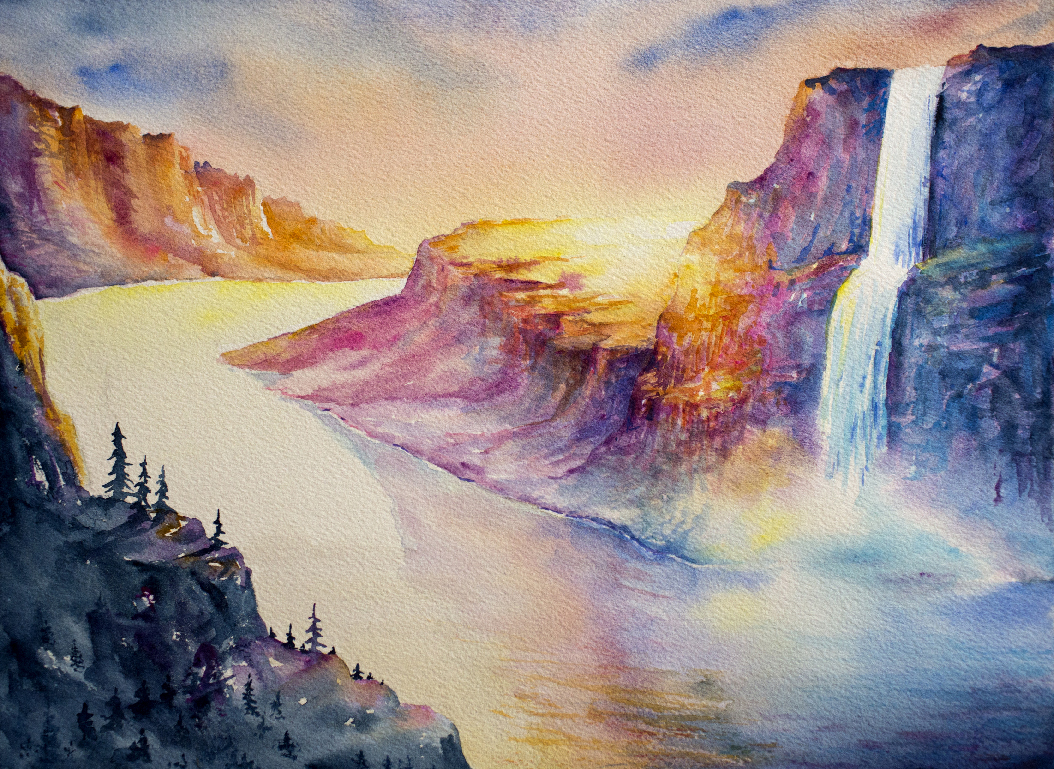077. The Value of Value Studies for a Painter
The past month or so, I started to feel like my skill as a painter was plateauing.
Like everything I painted was sort of starting to look the same, and this was exemplified by the fact that I'm still very much struggling to bring what is in my mind to life.
I know as an artist, it's natural to critique myself, to improve, and continually raise the bar of skill.
But sometimes, that growth is slow, or barely even noticeable compared to when I first started out learning.
So how can you progress past that point?
As a self-taught painter, I never had the luxury of someone pointing out my mistakes in real time, or telling me how to do something the "proper way." My progression as a painter came from experimenting, responding to mistakes with a critical eye, and doing things over and over again until I understood it.
So, when I'm suddenly stuck in a place where I am not progressing, or feeling like nothing I create is interesting, I have to figure out where I'm going wrong. Usually, it comes down to me being complacent or scared. Not pushing far enough out of my comfort zone, or only doing things I know I can do well.
Sure, this leads to pieces that people respond positively to...but at the expense of my progression.
Something I realized a long time ago is that I am only happy when I'm learning.
The small temporary satisfaction I get from painting something beautiful is fleeting. That feeling leaves me the moment I officially say something is "done."
Gouache study
So, in this case, I've been bored with my results, and feeling like my progression had slowed to a halt. I decided to go back to my foundation, which is drawing. My first degree was a Bachelors of Fine Arts, where drawing was emphasized in every single class (even sculpture). The entire first year was called "foundations" - most of which involved drawing. We were required to spend 15 minutes of each class sketching in silence.
Value study
Drawing is so fundamental to everything I do, and I am actually surprised that it took me this long to figure out how important it is for my painting. I sketch every day, and I do a very light undersketch for most of my paintings, but I recently realized that wasn't enough.
So I decided to start this new strategy of doing value studies before a painting, to really understand the lighting and figure out the overall composition and atmosphere first.
Then I found out this is something that painters and concept artists learn in their first year. I wish someone had told me sooner!
Doing this provides a very clear plan for how to proceed with a painting. Not only do you nail down the composition, lighting, and "mood" of the scene, but I felt a very strong connection to the physical lighting in the painting. For instance, here you see the warm light filtering through the foreground mist below the waterfall. I didn't really understand that without doing the value study first. Now it seems so obvious!


So, for the next few weeks, I've decided to start focusing on the connection between doing a value study before a painting, to see if that helps me push past this block!
So far, in doing this, I already feel confident in trying more difficult scenes and atmospheres. So, I'll hopefully (?) have some good results to show you soon!
If you want to share any of your own strategies for progressing in your craft, feel free to comment below or message me! :)



